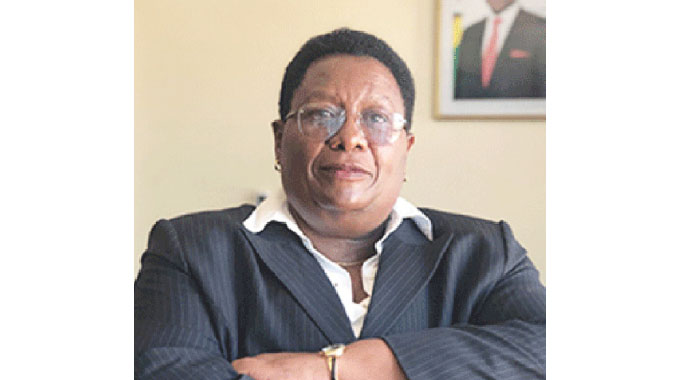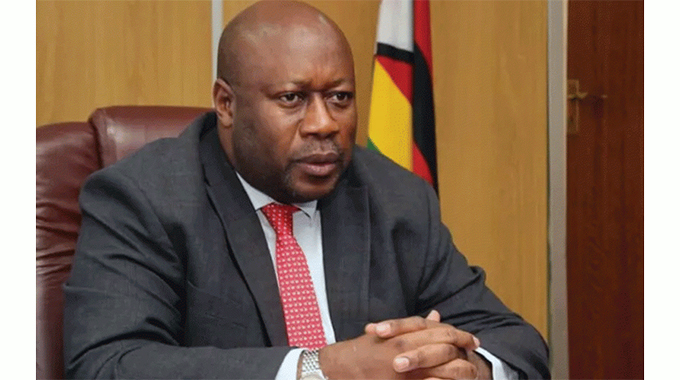In an ideal world when a crime is committed, the police investigate, track down the perpetrator, assemble the evidence and build a case with the prosecutors, the trial opens and ends and within a month the erroneously arrested innocent are free and the guilty are paying fines, starting community service or being loaded into the van for their jail term.
Of course we do not live in an ideal world, and so delays arise and are created, crimes are unsolved, prosecutions are half-hearted, some of the guilty spend years out on bail and eventually escape justice, others manage through hard work by well-paid defence council to edge their way round the law.
And all that is without anyone in the police, other investigation units, the Prosecutor-General’s Office, or the courts being offered or accepting bribes.
While some mess and delay is inevitable, as it grows people become resigned and victims of crime just become so disenchanted with the whole criminal justice system that they give up and accept what they see as gross unfairness in their life.
And then we can start treading very dangerous ground: private revenge being one extreme, so people who have no knowledge of law or what is appropriate set themselves up as police officer, judge and all too often executioner.
Then we have the other extreme, people thinking that if so many others can escape justice, well why should not they start thieving and robbing and dealing corruptly as well. So it gets worse. Crime grows and the whole criminal justice system can be overwhelmed.
Our new Prosecutor-General Justice Loyce Matanda Moyo has been stressing this as she consolidates her grip on her office and her function and on her staff of prosecutors and lawyers.
She has already made improvements in processes, and has a precise and detailed list of what more needs to be done and what sort of back up in equipment, facilities, training and the way prosecutors need to work.
So we get what has already been done to provide access to laptops and computers and building up a proper e-library of law. Just because our criminal law was codified does not mean that the code contains the whole lot.
A large number of offences, from traffic offences through the breaches of the tax code and those messing around the outer reaches of corruption are breaking other laws, and prosecutors need to know these quickly and precisely as they assess the evidence and see what the provable facts imply may or may not have been broken. Too often the wrong charge is laid.
The moves by the judiciary to move to e-documentation for the whole of the High Court work, as well as the higher courts, means that the Prosecutor-General must be able to follow suit, which can now be done with the first computer lab in Harare, but the other High Court centres need this as well.
But cutting back on building vast paper files will free up more prosecutor hours for refining cases and going to court, so even if a print out is needed at the end, having the whole thing in a database improves efficiency.
The most interesting impression we get as she settles in is that she is not seeing improvement as the most important and overriding goal.
She assumes that is happening and will continue to happen, but it is happening as a by-product of what she sees as the most critical concept, just how far from the ideal is her Office and how quickly can it attain the ideals, that is helping to deliver the criminal justice that everyone wants to see: fast, efficient, accurate and defending the rights of all.
The criminal justice system needs to be fair to everyone: the victims of crime, the witnesses and others brought in to give evidence, and of course the accused, who have a constitutional right to a fair trial.
But she wants that fairness to extend just as much to those who have suffered hurt and loss as to making sure that the person brought to court is the right person and that solid factual evidence is presented at the trial with no speculation added and, importantly, nothing suppressed through incompetence or corruption or interference.
In her long career, she has worked as a prosecutor, judge, chaired the Zimbabwe Anti-Corruption Commission and now comes in at the top of the prosecution service. She acknowledges her ZACC experience, when she did at times complain about lack of cooperation between investigators and prosecutors.
She wants to fix that, and it is an important point that needs to be fixed. Zimbabwe still tends to follow the English ideal that a criminal trial is a battle between two outside independent barristers brought in by the defence and the prosecution to trade blows in front of a referee, the judge.
In English courts it is not unknown for the same pair of barristers to appear in one trial for prosecution and defence and in the next trial switch roles; they are just the legal champions without any tie to the case.
Most jurisdictions outside Britain and some Commonwealth countries now place a lot more emphasis on first finding out what happened, what are the facts.
In that process those responsible for prosecution and the investigators tend to work more closely together, which also helps to ensure that there are no serious gaps in the thread of events, so the arguments can then switch to law and interpretation.
This process both weeds out dubious prosecutions unbacked by fact, as well as ensuring that proper prosecutions do have the facts.
And when we are talking about moving as fast as possible from arrest to trial we see nothing wrong in prosecutors being able to press investigators to complete their side of the case, just as investigators need to be able to seek a swifter prosecution once the facts are assembled.
Another area where prosecutors will have to be more active is in their participation in the sentencing hearing once an accused has been found guilty.
This is an extension of the old system where the magistrate or judge just asked for mitigation or aggravation. Now more evidence as to damage to individuals, communities and the nation has to be given, as well as the more personal details concerning the guilty person and the circumstances of the crime that have always been sought.
Under the new sentencing guidelines, designed to end wild or objectionable differences in sentences in similar cases, a judge or magistrate starts off with the presumptive sentence, and then moves the penalty up and down the scale according to a range of factors to find the most just particular sentence.
It is all fairly new, and already there is debate on some decisions as there should be, and we hope that the Supreme Court will be invited to give its views on some decisions both where the sentence seems on the low side as well as when it might be on the high side.
But already it is obvious that the prosecutor needs to be armed with a lot more than in the past when it comes to dealing with a convicted criminal, and to make sure that this second part of the trial is as fair to victim and society as it is to accused.
Sentencing has always been seen as those presiding over criminal cases as far more difficult than determining guilt or non-guilt, which after all some countries allow a jury of people off the street to decide, although with a judge setting the specific questions that need to be decided. So we need to get this right as well.




